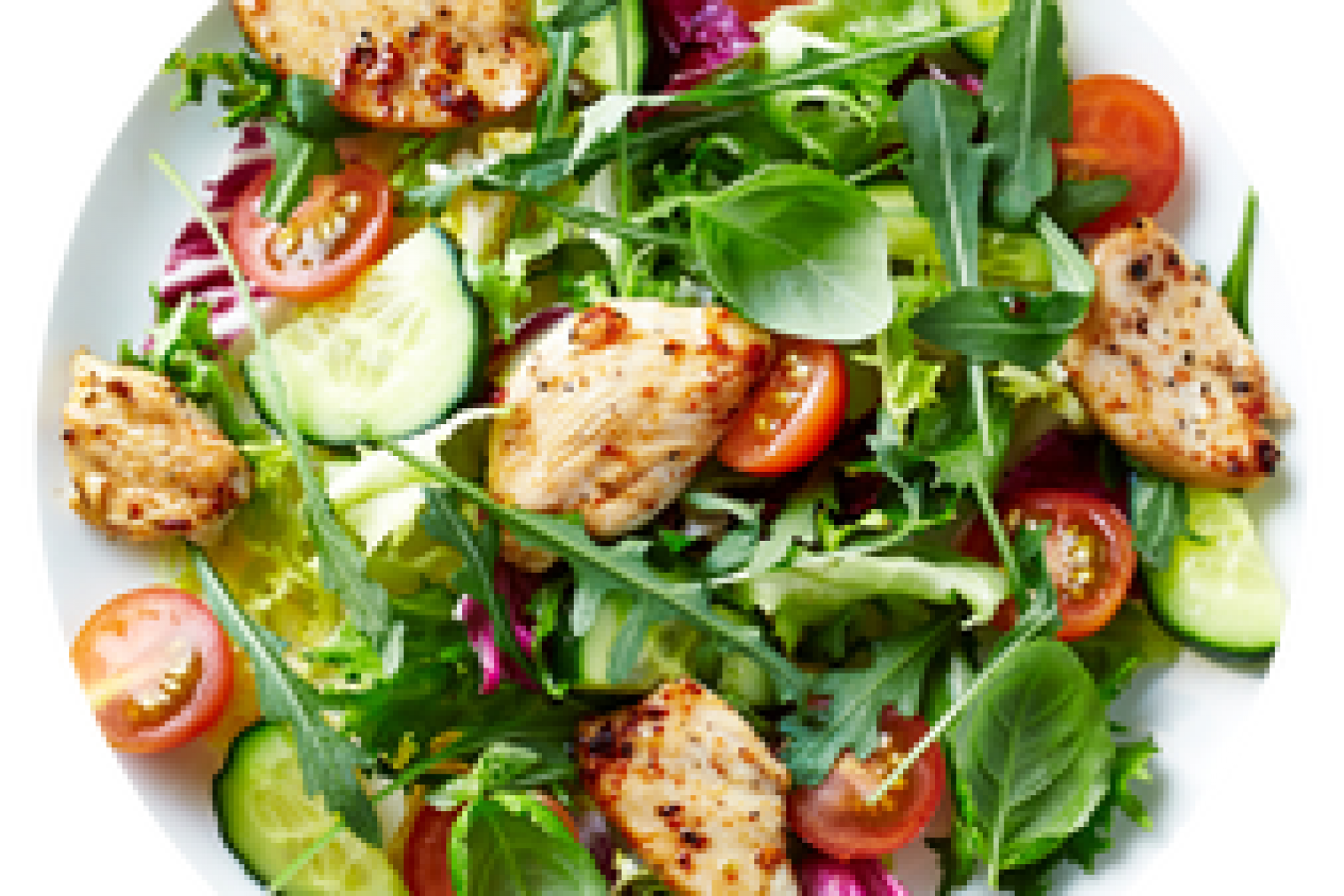The answer to this is a resounding… IT DEPENDS!!!
Let me explain this futher!
Do you often suffer with low energy levels and fatigue?
When you train, does it take you a long time to recover?
Is your goal to improve your body composition?
Many vegetarians I speak to are worried about taking supplementation as they have only ever been exposed to meal replacement shakes, a bodybuilder telling them they need to take these odd tasting protein shakes or fake news on the effects of creatine!
Very few people will associate supplementation with the additional micronutrients, such as, vitamins, minerals and omega 3’s that is required to sustain a healthy body and aid you in your journey to dropping body fat, gaining muscle and changing your body composition!
Lets Talk Protein!
Do you know how much protein you should eat?
Well this depends entirely on your goal and could sit anywhere between 1.5-2g per lb bodyweight if you are looking to get leaner and reduce body fat. If you aren’t sure how to work your macros out, make sure you give this article a quick read (CLICK HERE)!
Once you have set your macros, the next step is to begin to understand the foods you eat and where they sit on the scale in terms of protein, carbs and fat!
If you were a 90kg male, you may be aiming to have up to 180g of protein per day. With most vegetarian sources of protein, there are additional carbs or fats to consider.
For example, lentils, beans and pulses will provide protein, but they are also carb heavy! Paneer, cheeses and nuts will also contribute towards your protein intake, however, they are fat dominant foods.
When you build your protein intake it is important to understand how much additional fats and proteins you are taking on. Use this link to figure out how (CLICK HERE)!
If you consistently run over your calorie intake because it is difficult to attain the protein you require, then supplementing with a product like Reflex Nutrition Vegan Protein is a smart choice! It is a lean protein source, derived from peas, offers a great spectrum of amino acids and contains digestive enzymes to increase uptake!
Lets talk Micronutrients!
Your health, energy levels, cognition, recovery, joints and so much more is associated to the vitamins, minerals and omega 3’s that should come from your diet!
These micronutrients are often forgotten about when people are only tracking macronutrients in an attempt to gain protein (think quorn products, linda mccartney sausages, faux meats, that provide little in terms of real nutrition).
Here are a few examples of micronutrients that you may be deficient in as a vegetarian.
| Zinc | Vitamin D | Omega 3 | Vitamin B12 | |
| Symptoms to look out for | Frequent coldsSkin problemsLower testosterone | Fatigue/ tirednessHair lossImpaired bone health | Reduced cognitionJoint painFatigue | WeaknessTiredness/ Fatigue Tingling sensation in extremeties |
| Why is it low? | Low protein intakeLow absorption due to high phytate intake | Low exposure to sunNo fatty fish/ meats or eggs in diet | Low intake of fatty fishHigh intake of omega 6 (vegetable oils | No fatty fish/ meats or eggs in diet Poor gut health |
| Foods/ Remedies | LegumesNutsTempeh | Fortified plant milksMushrooms | Chia seeds Flaxseeds Flax Oil | Fortified cereals/ foodsNutritional yeast |
| Recommended Supplements | Zinc Picolonate 1/ day Link | Vitamin D 3-5000iu/ day Link | 1-2 Tbsp/ Day Link | 1ml/ Day Link |
Always look out for hidden gelatine (usually casings in supplements) before purchasing any!
If you have read my series on vegetarian nutrition this week, and it has helped you, please let send me your feedback to (CLICK HERE). If you have any further questions, please do not hesitate to ask!


